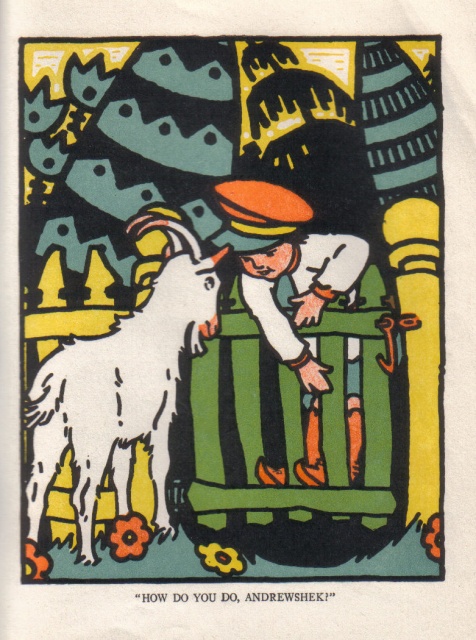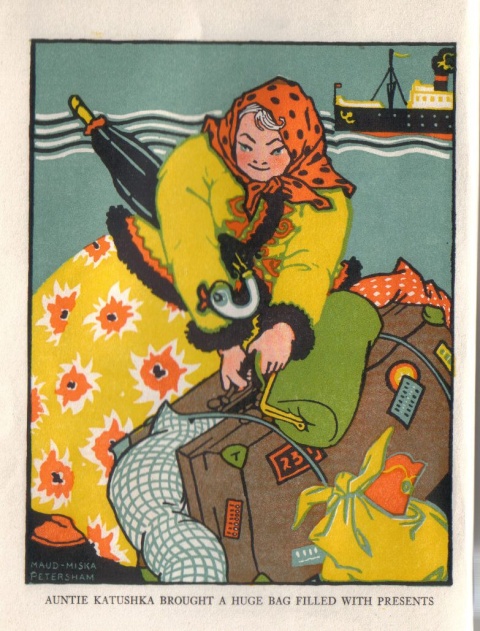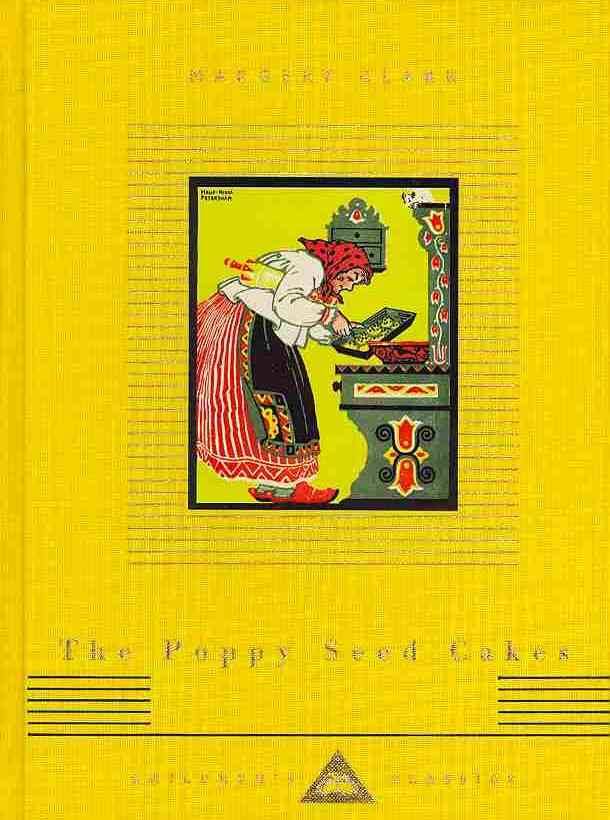Mark Dominus (陶敏修)
mjd@pobox.com

Archive:
| 2025: | JFMAMJ |
| JAS | |
| 2024: | JFMAMJ |
| JASOND | |
| 2023: | JFMAMJ |
| JASOND | |
| 2022: | JFMAMJ |
| JASOND | |
| 2021: | JFMAMJ |
| JASOND | |
| 2020: | JFMAMJ |
| JASOND | |
| 2019: | JFMAMJ |
| JASOND | |
| 2018: | JFMAMJ |
| JASOND | |
| 2017: | JFMAMJ |
| JASOND | |
| 2016: | JFMAMJ |
| JASOND | |
| 2015: | JFMAMJ |
| JASOND | |
| 2014: | JFMAMJ |
| JASOND | |
| 2013: | JFMAMJ |
| JASOND | |
| 2012: | JFMAMJ |
| JASOND | |
| 2011: | JFMAMJ |
| JASOND | |
| 2010: | JFMAMJ |
| JASOND | |
| 2009: | JFMAMJ |
| JASOND | |
| 2008: | JFMAMJ |
| JASOND | |
| 2007: | JFMAMJ |
| JASOND | |
| 2006: | JFMAMJ |
| JASOND | |
| 2005: | OND |
Subtopics:
| Mathematics | 245 |
| Programming | 99 |
| Language | 95 |
| Miscellaneous | 75 |
| Book | 50 |
| Tech | 49 |
| Etymology | 35 |
| Haskell | 33 |
| Oops | 30 |
| Unix | 27 |
| Cosmic Call | 25 |
| Math SE | 25 |
| Law | 22 |
| Physics | 21 |
| Perl | 17 |
| Biology | 16 |
| Brain | 15 |
| Calendar | 15 |
| Food | 15 |
Comments disabled
Mon, 30 Jul 2018
Lost and found authors: The Poppy Seed Cakes
As a very small child, I loved The Poppy Seed Cakes (1924), by Margery Clark. Later I read it to my own kids. Toph never cared for it, but it was by far Katara's favorite book when she was three. The illustrations are by Maud and Miska Petersham, who later won the Caldecott Medal.
(At left, the protagonist, Andrewshek, meeting Auntie Katushka's new white goat, who has run home from the market without her. He is swinging on the gate, which his Autie Katushka has specifically told him not to do, or the chickens will run out into the road. At right, Auntie Katushka arriving from the Old Country. Depicted are the fine feather bed, the umbrella with the crooked handle, and probably the bag of poppy seeds, all of which are plot points.)
As an adult I wanted to know if Margery Clark had written anything else. And the answer was, yes! Margery Clark, I learned, was a pseudonym for the two authors, Margery Closey Quigley and Mary E. Clark, who were librarians in Endicott, New York. The town was full of Russian and Polish immigrants who came there to make shoes, and Andrewshek and his Auntie Katushka were no doubt inspired by real library patrons. I looked up maps of Endicott in 1924 and found the little park with the stream where Andrewshek's picnic was nearly stolen by a swan. I spent way too much time trying to find out if Andrewshek was more likely to be Russian or Polish by poring over census data.
And Quigley had written another book! After Endicott she became a librarian in Montclair, New Jersey and wrote Portrait of a Library (1936) about how the Montclair Public Library was run. I found it fascinating and compelling. One detail I remember is that when automobiles became common, they started to offer a pickup and delivery service, which the citizens loved:
Delivery of books has been added to the borrowing system. Delivery is made by parcel-post, by Postal Telegraph, by the library messenger, and by the A. & P. delivery man. A messenger who spends one day a week following up overdue books was added in the fall of 1930.
She mentions that in 1934, over 3,000 books were delivered via Western Union messenger, with the borrower paying the 10¢ delivery fee. I think it's pretty awesome that they were able to press the A&P guy into library service.
My favorite detail, though, concerned a major renovation to the library building. They took the opportunity to reorganize the layout of the sections and shelves:
… the confusion and the press of work upon assistants and the criticisms from the public about overcrowding at the library came much too thick and fast. At this point an offer of professional services came from one of Montclair's citizens who is an efficiency engineer. Simultaneously government-subsidized workers were assigned to the library.
The findings made by the library staff under the direction of the efficiency engineer became the beginning of a complete physical rearrangement of the main library and of a redistribution of duties among the staff.
“Oh, wow!” I said. “I know who that was!” That was a fun moment.
(But I see now that I was wrong! Montclair was home to two world-famous efficiency engineers, but one of them had died in 1924, and the library renovation was done in 1931–1932. Quigley's efficiency engineer was surely Lillian Moller Gilbreth. Ooops!)
Regrettably, the Internet Archive has only an abridged version of The Poppy Seed Cakes, with only three of the eight stories. I may have it professionally scanned.
[Other articles in category /book] permanent link





